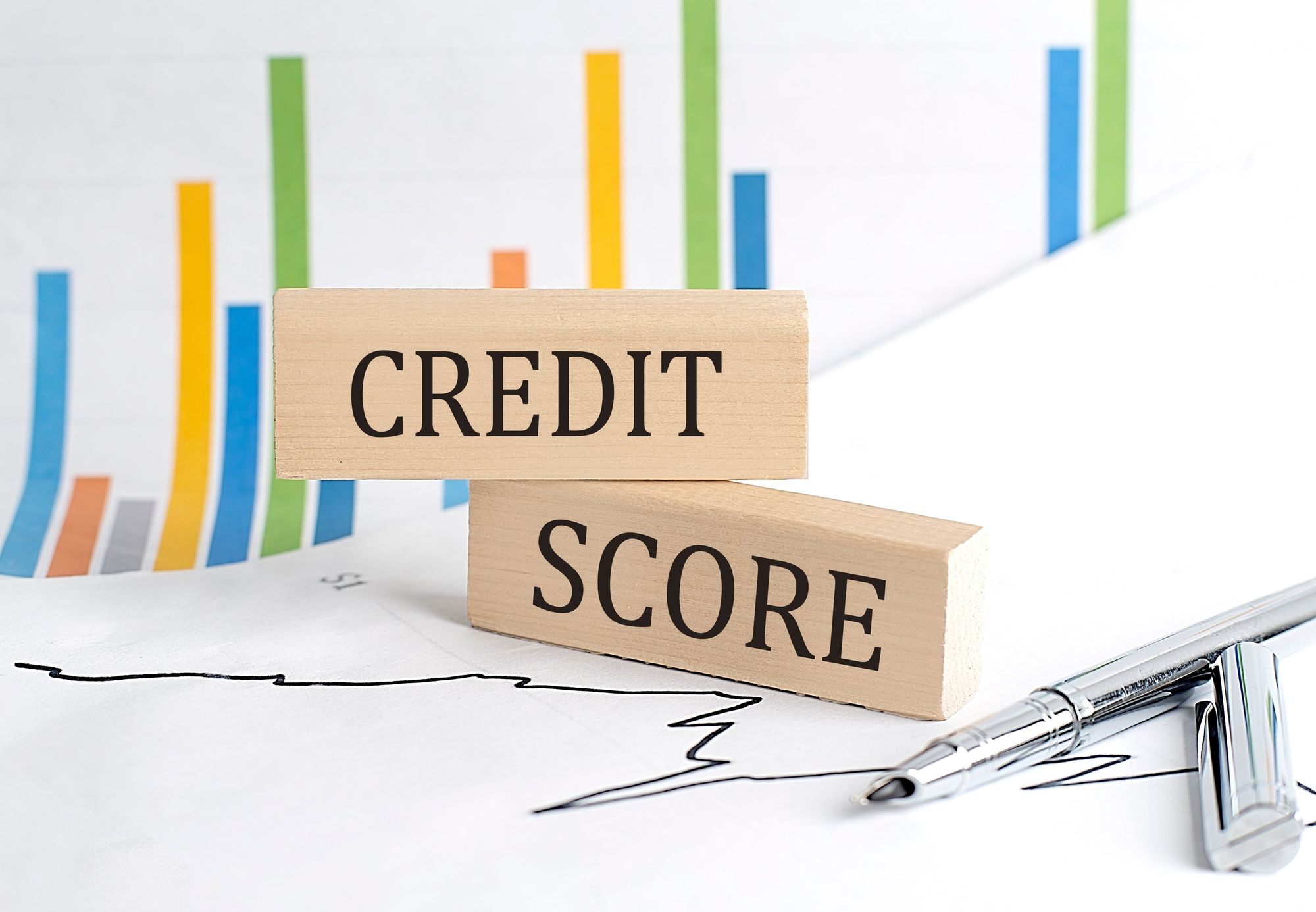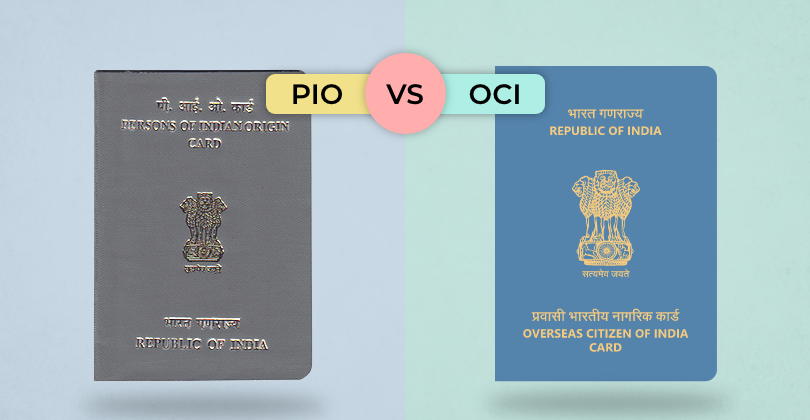Are you of Indian origin and living abroad? You've probably come across terms like PIO and OCI. These cards offer different benefits, but it can
Business transactions demand a wealth of information, which is the bedrock for decision-making. Whether it's granting credit, forming partnerships, or making investments, having access to reliable and comprehensive information is crucial.
This is where commercial credit information reports come into play. These reports serve as essential tools that provide insights into the financial health and creditworthiness of businesses.
In this article, we delve into what commercial credit information reports are, explore the types of business credit reports, and highlight their significance in modern commerce.
What is a Commercial Credit Information Report?
A Commercial Credit Information Report is a comprehensive document that offers an in-depth analysis of a business's financial history, creditworthiness, and payment behaviour. It is compiled by credit bureaus, agencies that gather, collate, and evaluate data from various sources to create a holistic profile of a company's credit standing.
Just as personal credit reports are used to assess individuals' financial responsibility, commercial credit reports are used to evaluate businesses' financial reliability.
These reports provide a detailed overview of a company's financial transactions, including credit accounts, payment history, public records like bankruptcies, tax liens, and legal judgments, as well as information about the company's ownership structure, industry classification, size, and address.
What are the Types of Business Credit Reports?
Business credit reports come in various types, each tailored to provide specific insights into a company's financial health. These reports may vary slightly from one credit bureau to another, but they typically encompass the following types:
-
Basic Business Credit Report
A basic business credit report provides fundamental information about a company. It includes details such as the company's legal structure, industry classification, size, ownership, and address. This report may also offer a general overview of the company's payment history and public records, like bankruptcies or legal judgments.
-
Comprehensive Business Credit Report
Comprehensive reports delve deeper into a company's financial history. They encompass information about the company's credit lines, outstanding debts, payment trends, and financial performance over time.
This report may include credit scores assigned by the credit bureau, reflecting the company's creditworthiness. Lenders and suppliers often rely on these scores to determine the terms of credit or trade agreements.
Credit scores, typically ranging from 0 to 100, help businesses quickly assess the credit risk associated with a company. Higher scores indicate lower risk, while lower scores might suggest a higher likelihood of default.
-
Supplier Risk Report
This type of report focuses on the company's payment behaviour towards its suppliers. It provides insights into how promptly a company pays its bills, which is a critical indicator of financial responsibility. A company that consistently pays its suppliers on time demonstrates reliability, while delayed or missed payments might indicate financial strain.
Supplier risk reports often include a payment history section that outlines the company's payment behaviour over a specific period. This section can be crucial for suppliers looking to ensure a stable cash flow.
-
Industry-Specific Report
Industry-specific reports cater to businesses operating in particular sectors. These reports consider industry-specific factors that can influence a company's financial standing, such as market trends, seasonality, and regulatory changes. They provide a more accurate assessment by comparing a business's performance to the standards of its industry peers.
For instance, a construction company's creditworthiness might be evaluated differently from a software development firm's, as the risk factors and financial benchmarks vary between these industries.
-
Public Record Report
Public record reports focus on any legal or financial issues a company might have faced. This includes information about bankruptcies, tax liens, judgments, and other legal actions. Public records can significantly impact a company's creditworthiness, and this report ensures that businesses are aware of any potential red flags.
Lenders and suppliers closely scrutinise this report to assess the legal risks associated with engaging with a particular company. Public records can reveal past financial challenges or legal troubles that might affect future financial behaviour.
-
Credit Monitoring Report
The purpose of credit monitoring reports is to continuously check a company's credit profile. They notify companies of any important modifications or acts that can affect their creditworthiness, such as new credit inquiries, overdue payments, or legal proceedings. Credit monitoring enables businesses to remain proactive and make corrections promptly to maintain a favourable credit standing.
Credit monitoring services frequently offer real-time alerts via web dashboards or email notifications. By taking a proactive stance, businesses are able to deal with problems as they come up and avoid potential harm to their credit image.
See if you're eligible for KreditBee's tailored credit optionsCheck now!
Importance of Commercial Credit Information Reports
The significance of commercial credit information reports extends beyond just numbers and financial data. They offer a multitude of advantages that contribute to well-informed decision-making in the business world:
-
Risk Assessment
One of the primary reasons for accessing commercial credit reports is to assess the risks associated with extending credit to a business. Lenders and suppliers can evaluate a company's payment history, outstanding debts, and credit scores to determine the likelihood of timely repayment. This assessment mitigates the risk of default and financial losses.
-
Informed Decision-Making
Businesses often need to make crucial decisions about partnerships, collaborations, and investments. A comprehensive credit report provides the necessary information to assess the financial stability and reliability of potential partners or clients. This informed decision-making process lays the foundation for successful and profitable ventures.
📗 Related reading- 3 Signs you Need to Revise your Money Goals
-
Negotiating Power
A strong credit profile enhances the negotiating power of businesses engaging in credit-based transactions. A favourable credit report opens doors to more favourable terms, such as higher credit limits, lower interest rates, and extended payment periods. This can significantly impact cash flow and financial flexibility.
-
Negotiating Power
A strong credit profile enhances the negotiating power of businesses engaging in credit-based transactions. A favourable credit report opens doors to more favourable terms, such as higher credit limits, lower interest rates, and extended payment periods. This can significantly impact cash flow and financial flexibility.
-
Supplier Relationships
Understanding a potential partner's payment behaviour is equally vital for suppliers. Supplier risk reports enable companies to identify partners that consistently pay their invoices on time. This ensures a stable cash flow and reduces the risk of disruptions in the supply chain.
-
Competitive Advantage
Positive credit history and high credit scores can serve as a competitive advantage. Businesses with strong credit profiles are perceived as trustworthy and stable, which can attract more favourable business opportunities and partnerships. Additionally, strong creditworthiness can lead to improved access to financing options.
-
Proactive Risk Management
Regularly monitoring a business's credit profile through credit monitoring reports allows for proactive risk management. Any negative changes, such as late payments or legal actions, can be addressed promptly, averting potential damage to the company's creditworthiness.
-
Legal and Regulatory Compliance
In some industries, compliance with legal and regulatory standards is essential. Reports comprising public records (public records reports) help businesses ensure they do not inadvertently enter into agreements with companies facing legal issues or financial challenges. This helps maintain ethical business practices and protects against potential legal liabilities.
Explore your eligibility for credit solutions on KreditBeeCheck now!
Conclusion
In the intricate web of modern commerce, information is the currency that fuels successful partnerships, collaborations, and investments. Commercial credit information reports serve as invaluable tools that provide insights into the financial health and creditworthiness of businesses.
From assessing risks and making informed decisions to negotiating favourable terms and managing business relationships, these reports are instrumental in shaping the trajectory and effectiveness of business transactions.
As businesses continue to navigate a dynamic economic landscape, the importance of relying on accurate and up-to-date credit information reports cannot be overstated. The insights gained from these reports empower companies to make well-informed choices, minimise risk, and pave the way for sustainable growth in an ever-evolving global marketplace.
AUTHOR
KreditBee As a market leader in the Fintech industry, we strive to bring you the best information to help you manage finances better. These blogs aim to make complicated monetary matters a whole lot simpler.







